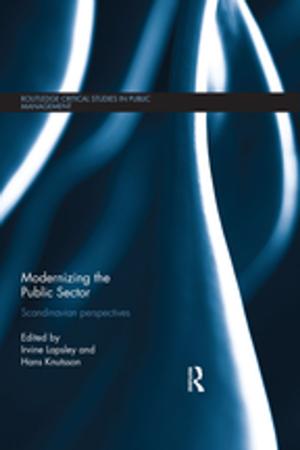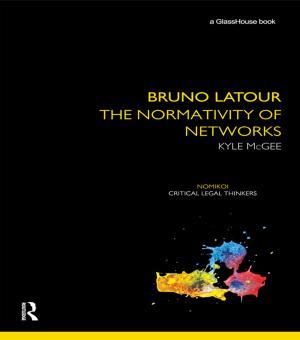The Politics and Strategy of Clandestine War
Special Operations Executive, 1940-1946
Nonfiction, History, Military, Social & Cultural Studies, Political Science| Author: | ISBN: | 9781134166497 | |
| Publisher: | Taylor and Francis | Publication: | September 15, 2006 |
| Imprint: | Routledge | Language: | English |
| Author: | |
| ISBN: | 9781134166497 |
| Publisher: | Taylor and Francis |
| Publication: | September 15, 2006 |
| Imprint: | Routledge |
| Language: | English |
This fascinating new collection of essays on Britain’s Special Operations Executive (SOE) explores the ‘non-military’ aspects of British special operations in the Second World War.
It details how SOE was established in the summer of 1940 to ‘set Europe ablaze’, as Churchill memorably put it. This was a task it was meant to achieve by detonating popular resistance against Axis rule, and nurturing ‘secret armies’, which might be capable of providing military and other forms of assistance for British forces when they were once again able to return to the offensive and conduct land operations in Europe.
The importance of the collection, however, goes beyond merely illuminating aspects of SOE’s work which have largely been overlooked in previous scholarship. More significantly, by situating SOE within the context of Britain’s broader political needs, the essays demonstrate the extent to which SOE came to epitomise and embody the range of skills that are found in today’s secret service organisations. SOE showed itself capable of operating on a global scale and developing the necessary expertise, equipment and personnel to conduct activities across the whole spectrum of what we have come to know as ‘covert operations’. By bringing SOE’s activities into sharper focus and exposing the scale of its involvement in Britain’s wartime external relations, the essays echo current thinking on the place of the so-called ‘secret world’ in international politics.
This fascinating new collection of essays on Britain’s Special Operations Executive (SOE) explores the ‘non-military’ aspects of British special operations in the Second World War.
It details how SOE was established in the summer of 1940 to ‘set Europe ablaze’, as Churchill memorably put it. This was a task it was meant to achieve by detonating popular resistance against Axis rule, and nurturing ‘secret armies’, which might be capable of providing military and other forms of assistance for British forces when they were once again able to return to the offensive and conduct land operations in Europe.
The importance of the collection, however, goes beyond merely illuminating aspects of SOE’s work which have largely been overlooked in previous scholarship. More significantly, by situating SOE within the context of Britain’s broader political needs, the essays demonstrate the extent to which SOE came to epitomise and embody the range of skills that are found in today’s secret service organisations. SOE showed itself capable of operating on a global scale and developing the necessary expertise, equipment and personnel to conduct activities across the whole spectrum of what we have come to know as ‘covert operations’. By bringing SOE’s activities into sharper focus and exposing the scale of its involvement in Britain’s wartime external relations, the essays echo current thinking on the place of the so-called ‘secret world’ in international politics.















